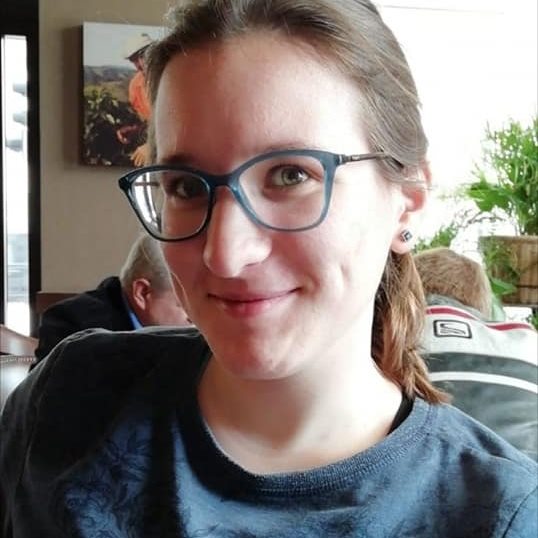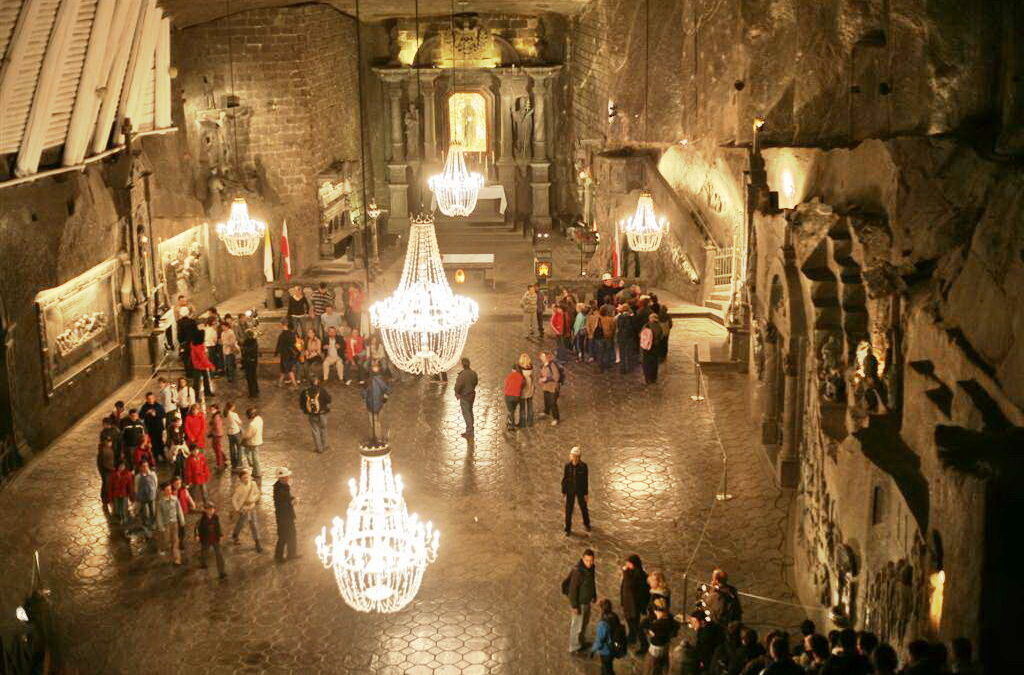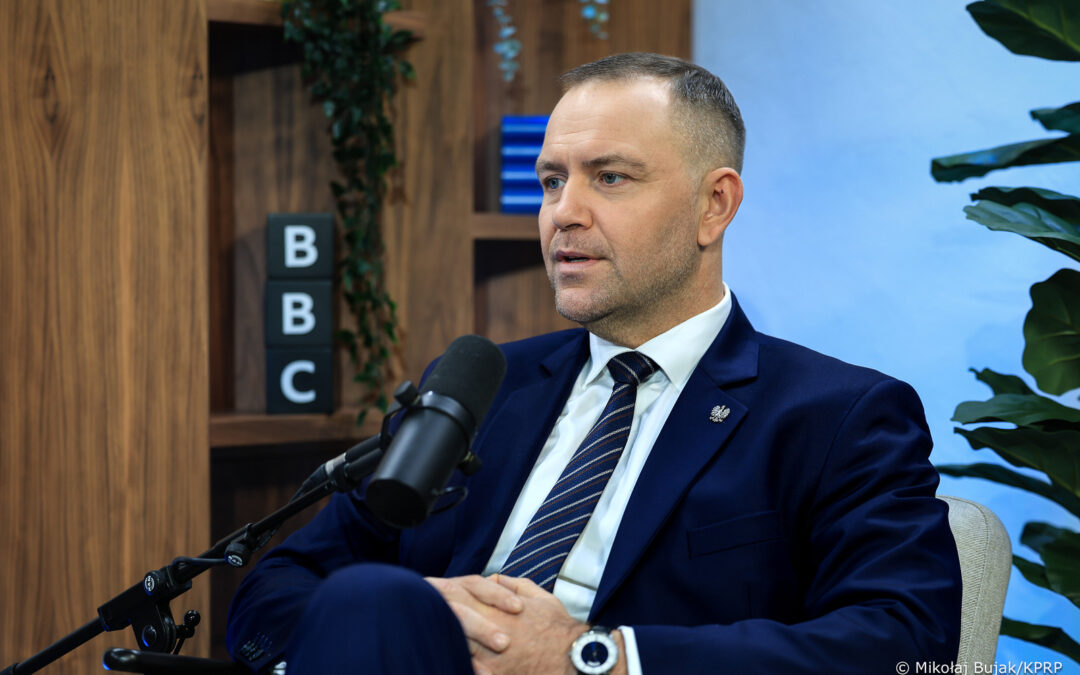By Veronica Snoj
If you run a gambling platform seeking to verify the age of your users, or a bank authenticating potential customers, you may have come across Ondato, a Lithuanian startup offering to do just that.
Its compliance package is now used by more than 200 businesses in 30 countries. The market entry and rapid growth of the business, founded in 2016, has been possible in part thanks to startup accelerator Space3ac, based in the Polish city of Gdańsk.
Since joining Space3ac’s intensive, MBA-like course in 2019, Ondato has raised €5.6 million in total, nearly three times above average seed funding according to 2020 figures. It also moved its headquarters to London, while keeping offices in Gdańsk and Vilnius.
Ondato is just one of the more than a hundred foreign startups that have in recent years decided to come to Poland to join similar, often publicly funded accelerator programmes, which have also become increasingly popular with the local Polish startup community.
Here’s the deal
Space3ac’s CEO Wojciech Drewczyński spotted Ondato at a conference in Gdańsk. Its founder, Liudas Kanapienis, caught his eye with his experience and engagement, but also with the fact that, three years in, his young company was already generating revenue, which was unusual for the startups in the competition.
Kanapienis says he accepted Space3ac’s offer because it was “well-shaped and reasonable”. By that, he means retaining full ownership with additional cash prizes. The accelerator also set up connections with industry partners and offered support to establish the company in Poland, an economy eleven times larger than its home base of Lithuania.
The programme Ondato participated in in Gdańsk was financially supported by Poland Prize, a programme from the Polish Agency for Enterprise Development (PARP), a state body, to encourage foreign startups to develop and integrate their product into a Polish-based corporation by providing legal and HR support as well as networking opportunities.
If accepted onto the Poland Prize scheme, foreign startups can get a grant of up to 300,000 zloty (€64,000) that can be spent on “soft landing” (visa support, accommodation, and legal support for the establishment of the startup in Poland), strategic planning, and acceleration with a business partner. The whole cycle lasts from nine months to a year.
The programme was created with the aim of challenging the “relatively low attractiveness” of the Polish startup ecosystem and make Poland “the country of first choice” in Central and Eastern Europe for foreign startups, according to PARP.
It was launched in 2018 after earlier, similar programmes by PARP that targeted mainly local startups. In the first round of the Poland Prize, startups in the fields of biotechnology, digital health, fintech, 5G, foodtech and renewable energy received grants worth a total of 14.3 million zloty (more than €3 million). The programme has also been supported by the EU’s European Regional Development Fund.
Accelerators such as Space3ac and Poznań-based Huge Thing received applications from 2,632 startups, coming from neighbouring countries – such as Ukraine, Estonia and Belarus – but also India, Israel, the United Kingdom and the United States, among others.
Some current participants include US-based visadb.io, which offers visa expertise and talent migration data, Slovakian e-vehicles charging system developer AgeVolt, and South Korea-founded co-working space manager andcards.
Over 100 startups were eventually selected for the first edition of the Poland Prize, which took place between 2018 and 2020. This year, PARP launched its second edition of the scheme.
The draw to Poland
Among Polish startups in 2016, only about 7% decided to seek the support of a local accelerator. That number had more than tripled by 2020.
Poland has also drawn in young foreign startups with its ecosystem of around 100 venture capital funds providing €250,000 in investments on average. This is “perfect financing for an early stage project”, notes Maciej Sadowski, co-founder of Startup Hub Poland, an NGO.
More developed startups tend to be more interested in building connections. These can help them make the jump to startup hubs such as Berlin or Stockholm. They are also keen on Poland’s deep talent pool of engineers and computer specialists. The development of a high-tech milestone achievement is also about three times cheaper than further west, says Sadowski.
To become more attractive to innovative businesses, the Polish government is already trying to simplify legal regulations, especially for small enterprises, notes Space3ac’s Drewczyński. Startup founders can also quickly launch joint-stock companies – entities in which shareholders can buy and sell the company’s stock – which is especially important for innovative firms.
In the last decade, Poland jumped from 72nd to 40th place in the World Bank’s ranking on the ease of doing business.
Not yet a startup nation
Agnieszka Skala, an assistant professor at Warsaw University of Technology who studies digital startups in transitioning economies, argues that although Poland has improved considerably when it comes to bureaucratic procedures – and especially obtaining visas – this can still present a major issue for entrepreneurs from outside the EU.
She also argues the Polish startup ecosystem could benefit from better cooperation between business and academia. She says that the key to the latter are interdisciplinary programmes and entrepreneurship support, such as those as developed and offered by Sweden’s Chalmers University of Technology and Finland’s Aalto University. She also sees networking potential with the large Polish diaspora.
Konrad Szczukiewicz, co-founder of ShelfWise, a startup providing AI retail management support, points to Estonia, where you can do almost anything online, even apply for a startup visa as a non-EU resident.
The Baltic country also benefits from its “Skype legacy”, he says. When Skype – whose software was originally created by Estonian programmers – was sold, its employees, who had gained knowledge and experience from their time at the company and profits from its sale, started to advise and invest in the other companies.
Szczukiewicz also notes that Poland suffers from a so-called medium-market size cap trap, where the market is big enough to launch a business, but as you reach its limits years down the road, it becomes tricky to expand internationally. This friction is missing in smaller countries like Estonia or Israel, where startups have to aim globally from the very onset.
Poland should think of how else it can persuade startups to stay, he says. The pandemic helped improve the digitalisation of documentation in Poland, but the country still remains behind the market gold standard of Estonia.
The ecosystem should also find a niche, Skala argues. There are already sectors in which Poland is strong, such as hardware and fintech development. However, she still sees potential in traditional specialisations of the Polish economy, such as agrotech, as well as in cleartech solutions for its coal-based power industry.
More private capital needed
Most accelerators in Poland, also those supporting local startups, are publicly funded, and between 10 and 15 are funded by PARP. The state agency requires accelerators to provide the startup with equity-free financing – meaning they cannot take any stake in the startup.
That contrasts with other startup ecosystems, such as in the United States, Estonia and the Czech Republic, where taking a stake in a company entering an accelerator programme is a fairly common practice.
Some Polish private accelerators, such as Warsaw-based foodtech.ac and ReaktorX, do take about a 3% stake. Szczukiewicz argues that Poland’s startup ecosystem would benefit from having more private accelerators.
He acknowledges, however, that PARP’s accelerator programmes such as Poland Prize or Scale Up have helped educate investors, who just six or seven years ago were offering startups “unacceptable conditions”, such as “giving up 50% or even 70% of their company to venture capital”.
Today we're welcoming the second batch of foreign startups which arrived on Poland as part of the #PolandPrize program by @HubSHP. On stage zendesk competitor, Whelp. #techwawa pic.twitter.com/gWRCM3TGF8
— Borys Musielak (@michuk) July 9, 2019
Bringing in more private capital in the development of startup projects in Poland could allow for more flexibility in creating new support instruments for various niches. Skala argues that there is enough capital to support digital startups with public funding, but still a gap in financing projects that need more research funding, such as biotech.
But for now, Poland’s accelerator landscape looks set in stone, so long as public institutions continue to offer tempting enough deals to crowd out private investors. “It’s a very hard market for private accelerators since you can get the same service at public accelerators and you don’t need to give any equity,” says Szczukiewicz.
One way in for private accelerators could be to specialise in helping startups specifically offering B2B (business-to-business) products. About 80% of Polish startups develop B2B products, since they can sell the products to corporations whose operations generate large amounts of data and need tools for their analysis.
Drewczyński says that also most startups Space3ac works with look for B2B partners – their first big customer in the market. This is a general trend among publicly funded accelerators, confirms Szczukiewicz, who sees this as an opportunity for private accelerators.
Main image credit: Dawid Zuchowicz / Agencja Gazeta





















